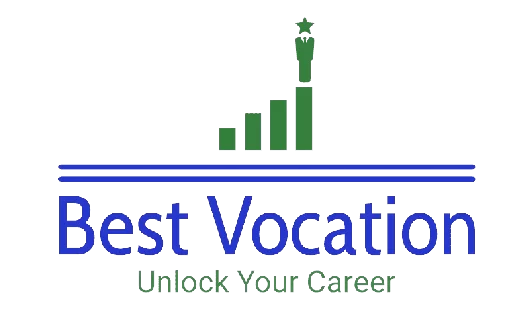People heard them playing back accurately perceptions about how they felt, you on the other hand, left the room feeling baffled unable to see the point and with no grip on the situation at all. You may have found that others discuss how a meeting went with a totally different slant on what occurred to your own recollections, you cannot fathom why people behaved the way they did and you feel that they did not understand you at all.
These examples highlight high and low Emotional Intelligence and the significance of the gap from one to the other. As a person develops greater Emotional Intelligence the process will demystify other people for that person and they will better understand “difficult” people and the roots to their behaviour (or better still gain the skills to explore them!)
In simple terms Emotional Intelligence, often measured as an Emotional Intelligent Quotient (IQ) describes an ability, capacity or skill to perceive, assess and manage effectively the emotions of one’s self, of others and of groups.
There are various models or frameworks for E I tend to include the following competencies.
• Interpersonal – you may read books on quantum mechanics for pleasure, but this doesn’t necessarily mean that you got on very well with other people. This requires interpersonal intelligence – the ability to build rapport, motivate, influence and generally “hit it” off with other people. Great leaders tend to have this intelligence in abundance!
• Intrapersonal – Relating well to other people isn’t the same as understanding your own emotional inner life. Intrapersonal intelligence is the ability to be self-aware!
SO WHAT IS THE BUSINESS CASE FOR EMOTIONAL INTELLIGENCE?
The cost of low E I in a business or a business leader can be measured in terms of:
• Time Wasted in Unresolved Conflict – people lose focus when they are churning over something they are incomplete about. They are not doing what your business needs them to do or they are just going through the motions. A person with high E I has resolved his or her issues and is able to deliver high performance.
• Locked Away Potential – it is estimated that most people have 30% more potential than they currently bring to work. It is locked away because you have not created an environment where employees are motivated to share that potential. If you want an “innovative company” that means creating initiative in people. Initiatives and creativity may occur to people but can they be expressed without fear of ridicule and explored thoroughly. High E I delivers initiative, innovation and creativity.
• Lost Customers, Lower Market Share And Lower Referral Rates – the business model developed for the first internet bank in the U.K. introducing customer relationship management produced a number of thought provoking statistics. It is 16 times harder to win back a dissatisfied customer than it is to find a new one. You may not have the market share that your product or service warrants, due to the quality of service surrounding your sales and maintenance of your product. To convert a satisfied customer to an advocate of your organisation requires excellent products and superb service. Advocacy will bring you five new customers at a very low cost of acquisition. High E I in customer service leads to sustainable, profitable relationships with customers, in your supply chain and in team processes within your company.
• Costs Associated with Stress-Related Illness – there is a strong link between body and mind in terms of health. Low E I can be related to living a more stressed life than is beneficial for health. Group dynamics can be such that the combined E I of the group is lower than the individual’s within it. Most businesses rely on good teamwork for effectiveness of operations – high E I brings enhanced teamwork and reduced stress.


More Stories
Why Technical and Vocational Education Unlocks Extraordinary Opportunities for Joyful, Confident Learners
The Surprising Benefits: How Specific Vocational Preparation Empowers Students for Extraordinary Success
How Trade School Graduation Unlocks Amazing Opportunities Through Powerful Vocational Education